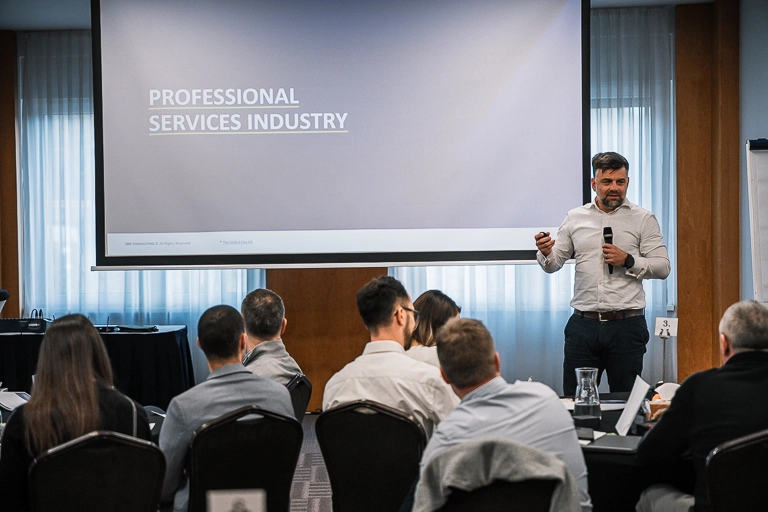Article

Maximising margin in professional services
10 min read
Targeting profitable market segments and building a sustainable revenue engine.
Read article

Featured White Paper
20 min read
Introducing a new way of building stability.
Or filter by:
Article

10 min read
Targeting profitable market segments and building a sustainable revenue engine.
Read article
Article

4 min read
Build lasting credibility and drive impact from day one.
Read article
Article

8 min read
How to create a flexible business that resonates with the new generation.
Read article
Article

10 min read
We look at balancing four simple pillars: People, Plans, Processes and Leadership.
Read article
Article

5 min read
Adding value, engaging consistently, and strategically positioning yourself.
Read article
Article

7 min read
4 actions to tap into resilient, organic growth for your wealth management firm.
Read article
Article

9 min read
Start the year right by motivating your people.
Read article
Article

5 min read
Growing & developing your professional network with LinkedIn.
Read article
Article

7 min read
Effective questioning techniques.
Read article
Article

2 min read
Something to consider when looking at hiring a sales leader.
Read article
Article

5 min read
Quick wins to help you and your team close more deals.
Read article
Article

3 min read
How to use social proof in a sales setting, with examples throughout the entire sales cycle.
Read article